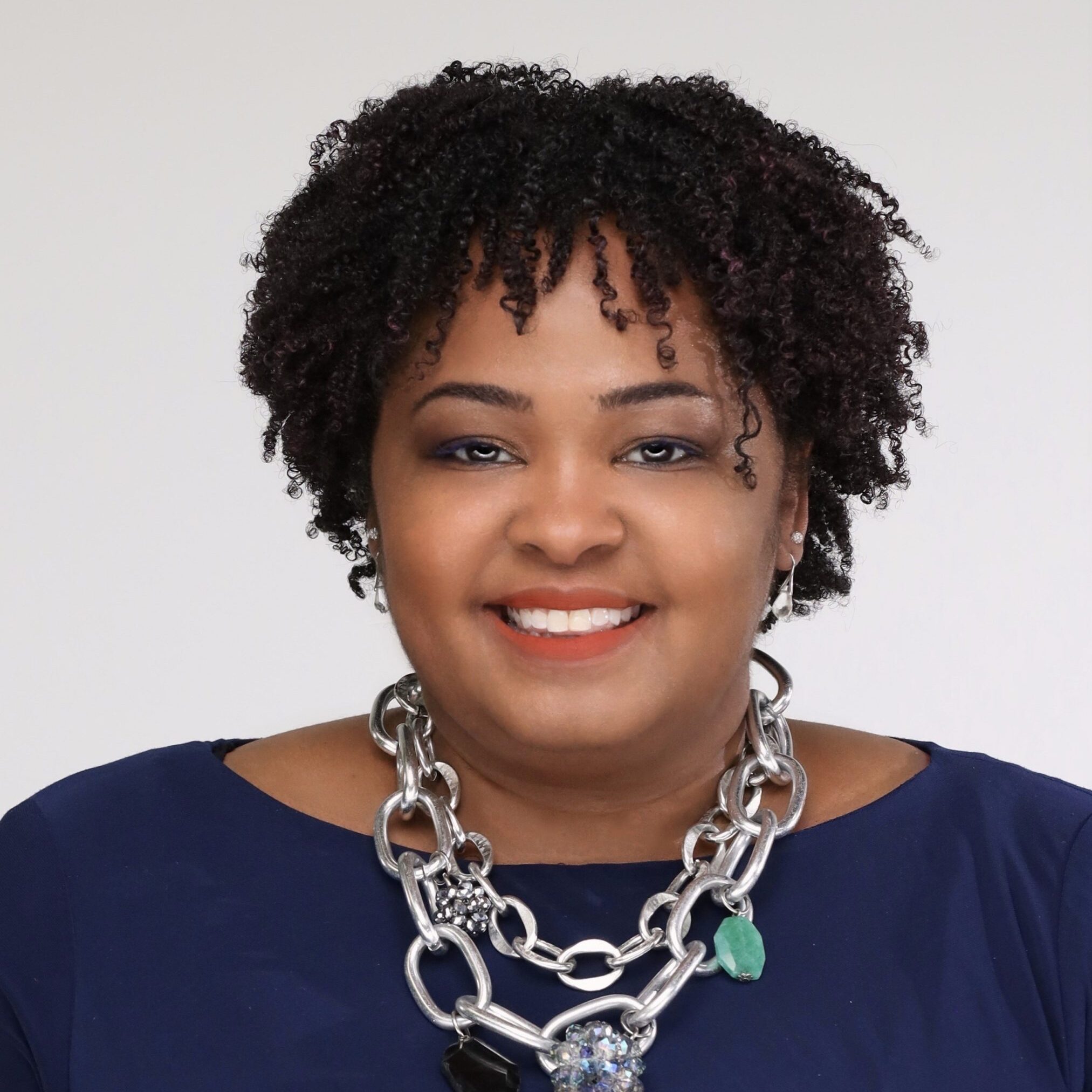“I want people to know that I see them:” Stephanie Howse on Her Ward 7 Campaign
The City of Cleveland is currently divided into seventeen wards. For Clevelanders, these wards are often known by the neighborhoods that make them up—Buckeye-Shaker Square, Detroit Shoreway, and Edgewater, to name a few.
Ward 7, which runs from East 12th Street to Ansel Road and from St. Clair Avenue to Chester Avenue, is home to several familiar neighborhoods, including Hough, St. Clair-Superior, AsiaTown, Goodrich-Kirtland Park, Downtown and Fairfax. It is a bridge between the city center and University Circle—and includes our community, Mueller Lofts.

There’s a lot of buzz this election season about new voices and new leadership coming into our city—and Ward 7 is no exception. This November, Mueller residents and the rest of the ward will have the opportunity to vote for one such candidate: Stephanie Howse.
Stephanie, who has been serving as a member of the Ohio House of Representatives since 2015, has focused on issues affecting women and children, energy and climate justice, and affordable housing. For example, just a few weeks ago in late September, she introduced the Energy Jobs & Justice Act with Representative Casey Weinstein.
“The act will push Ohio to the future of energy. It looks to establish utility utilization transparency, and to drive true equity and partnership in the new energy economy. It’s time to get serious about our future—to lay out a vision for the future and for what Ohio’s energy portfolio will look like. And we have to proactively partner with our local communities around energy.”
Though an important and forward-thinking act, this wasn’t the one that Stephanie recalled when we asked her what in her work she was most of. Instead, she immediately said, “My Infant and Maternal Mortality Bill is the one I’m most proud of. It provided $11 million for women in centering programs in the state, as well as dental cleaning, tobacco cessation, and other educational programs for women who have made the decision to become mothers.
“This bill really considered how motherhood affects the whole person. It asked the question: “What does it look like for a woman to make this decision?” And then provided key funding to support women and their children. Ultimately, it provides a reproductive justice framework for those who chose to become mothers to do so in a safe, sustainable way.”
And while both energy justice and transparency and infant and maternal mortality are both issues that matter to residents of Ward 7, Stephanie has more specific issues in mind for her community.
“If given the opportunity to serve as Councilwoman of this area, my number one priority would be housing. There are so many challenges and opportunities that come from giving people a nice, safe place to live. A house—a home—represents financial access, stability. It’s the place where someone lays their head at night, and wants to feel safe and secure. You can’t have strong communities without strong homes.”
According to The Center for Community Solutions, more than 50% of residents in Ward 7 are living in poverty. Housing costs, on average, are more than 30% of the household income. Moreover, the City of Cleveland has the highest concentration of poverty in a city of its size overall.
“It’s important for people in Ward 7 to have access to affordable homes, to understand the spaces that make up their community, and to start to imagine what they can have with the proper assistance from our government and our city. I look around Mueller Lofts, and I think this is in Ward 7—Ward 7 residents can have this.”
The neighborhood has seen many proposals for economic development, in addition to housing development, over the years, but many of these plans have stalled. Families in Ward 7 average a median household income of less than $23,000—about $7,000 less on average than the median household income of the City of Cleveland.
When asked how she thought economic development could be spurred in the community, she said, “I look at it in a couple different ways. We need to invest in entrepreneurship in the community, and create real ecosystem here where people who live here spend money here. As Councilwoman to Ward 7, I would want to do a real assessment of what people want. We don’t have a good grasp on that, and we can’t just cater to a select group who drives thinking without connecting those ideas to actual needs. We need to start by asking questions.”
This was a theme that came up again and again in our conversation with Stephanie. Her advocacy, her policy, and her hopes for the residents of Ward 7 are rooted in a desire to connect with people, to come to a true understanding together of wants and needs, and to grow from that place together—rather than impose something on the neighborhood. Stephanie’s work is rooted in authentic partnership with local people.
“This is my fourth time running for City Council. I grew up in Ward 7—I was born in The Park Center, now Reserve Square, and I live in Hough today. I’m a Rainey Institute kid. I am a return on the investments in this neighborhood. I’m what it looks like. And when I walk this neighborhood and connect with the community, I want people to know that I see them and I hear them. I know them, and I know that we can do great things for our community together.
“I’ve always thought that good people can serve their communities, and can serve them well. I’m a good person. People in Ward 7 need to experience what good leadership looks and feels like. We can change the rules when we change the people who make the rules.”
